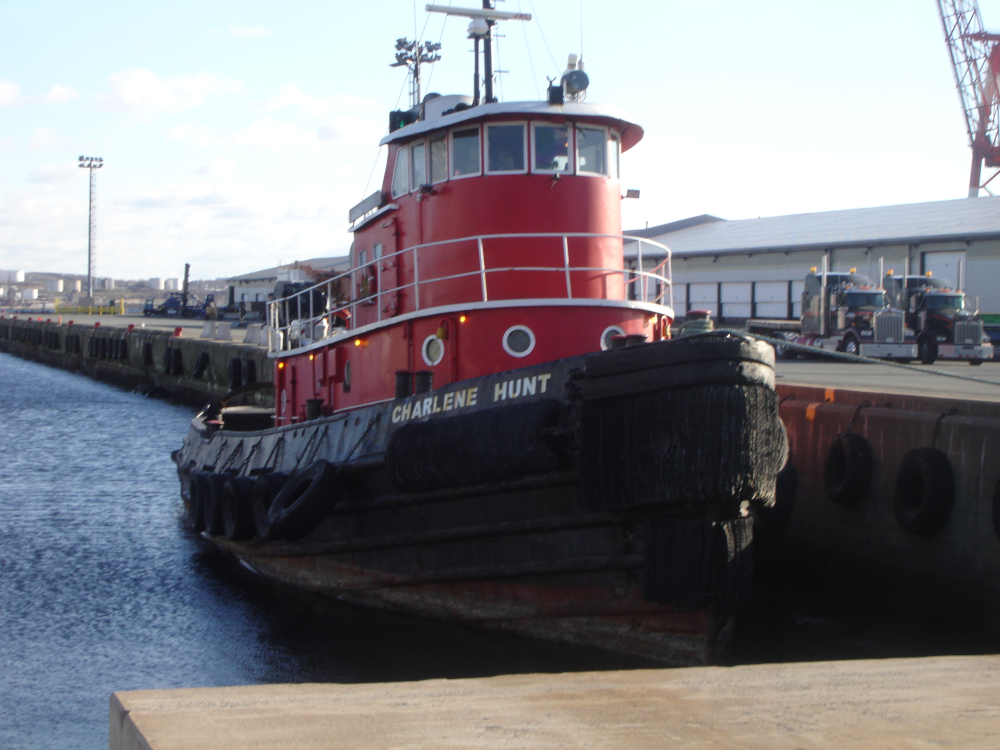Loss of tow
Tug Charlene Hunt with passenger vessel Lyubov Orlova
Off Cape Race, Newfoundland and Labrador
The occurrence
Early on the morning of 24 January 2013, the tug Charlene Hunt lost the tow of the vessel Lyubov Orlova south of Cape Race, Newfoundland. The tow has not successfully resumed and the Lyubov Orlova is derelict and adrift in international waters.
Media materials
Deployment notice
Transportation Safety Board of Canada deploys a team to St. John's, Newfoundland and Labrador, to investigate an incident involving the tug boat Charlene Hunt and the cruise ship Lyubov Orlova
Gatineau, Quebec, 01 February 2013 — The Transportation Safety Board of Canada (TSB) is deploying a team of investigators to St. John's, Newfoundland and Labrador, to investigate an incident involving the tug boat Charlene Hunt and the cruise ship Lyubov Orlova, which broke free of its tow line while en route to the Dominican Republic and went adrift. The TSB will gather information and assess the occurrence.
Download high-resolution photos from the TSB Flickr page.
Class of investigation
This is a class 3 investigation. These investigations analyze a small number of safety issues, and may result in recommendations. Class 3 investigations are generally completed within 450 days. For more information, see the Policy on Occurrence Classification.
TSB investigation process
There are 3 phases to a TSB investigation
- Field phase: a team of investigators examines the occurrence site and wreckage, interviews witnesses and collects pertinent information.
- Examination and analysis phase: the TSB reviews pertinent records, tests components of the wreckage in the lab, determines the sequence of events and identifies safety deficiencies. When safety deficiencies are suspected or confirmed, the TSB advises the appropriate authority without waiting until publication of the final report.
- Report phase: a confidential draft report is approved by the Board and sent to persons and corporations who are directly concerned by the report. They then have the opportunity to dispute or correct information they believe to be incorrect. The Board considers all representations before approving the final report, which is subsequently released to the public.
For more information, see our Investigation process page.
The TSB is an independent agency that investigates air, marine, pipeline, and rail transportation occurrences. Its sole aim is the advancement of transportation safety. It is not the function of the Board to assign fault or determine civil or criminal liability.
